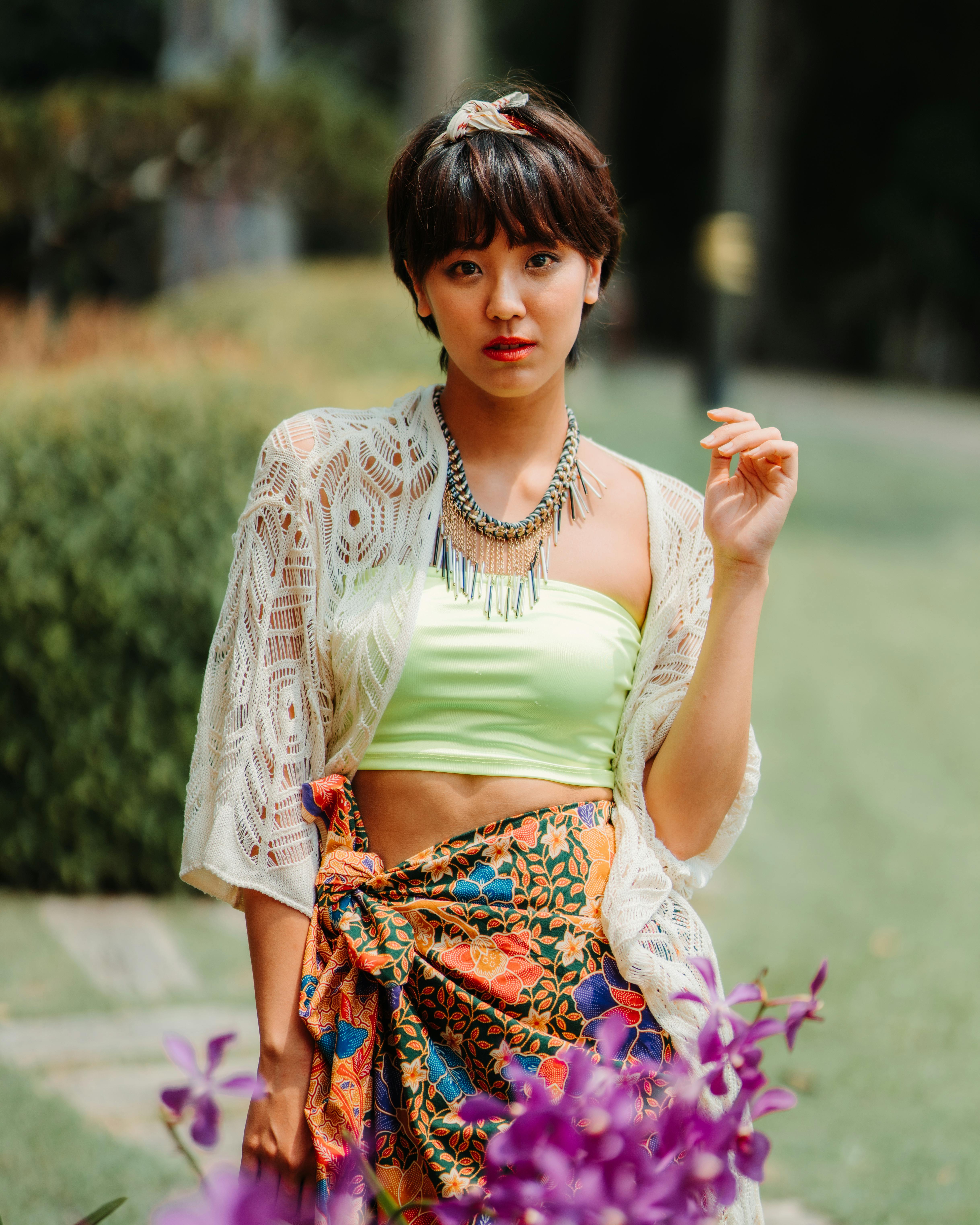23 Nov Pakistani ceremony customs
A Pakistani wedding is more than just a plain meeting; it is an elaborate and lovely festivity of the union between two souls and their families. Weddings are often unique events in any family. After Pakistan gained its independence in 1947, standard Indian rites and more modern customs were combined to form the Pakistani bridal convention.
One of the main celebrations at a Pakistani bride is the Barat, or couple’s introduction, which is accompanied by an elaborate procession of dances and music. The bride wears a stunning Anarkali saree, while the bridegroom is customarily dressed in herwani. As it is a time for celebration and joy, the groom’s entire relatives joyfully welcomes his wedding.

Following the Barat, there is the Nikah ( nikh a ) ceremony, in which the couple signs the marriage contract in front of their loved ones and friends. A enrolled Muslim preacher or Imam is required to conduct the Nikah, a solemn and catholic ritual.
Another significant occasion is the Dastar Bandi ( dstr bndy ), in which the groom’s family marks him as a man by placing turbans on his head. The first Monday, Wednesday, or Thursday pakistani brides of the months of Rabi el-akhar, Rajab, Shaaban, and Muharram is usually when the couple’s family mothers conduct this meeting.
The wedding participates in the Mayun service, which is incredibly beautiful. Her female friends and family surround her as they apply ubtan or haldi to her hands, foot, and experience. The wedding is making a symbolic movement to wish herself fate in her innovative life.
Another custom is that the bride’s parents gives her to her hubby using the Quran as a divine text to wish them both the best in the future. The Rukhsati is a very touching and emotional time for the bride’s parents, but it also signifies that they have done their part as relatives and that their child is then prepared to start her own relatives.
The vicar’s community hosts the Walima, also known as the reception, which is a beautiful event. The food is excellent, and the customers are greeted with open hands. This is the last day of a Pakistani bridal, and everyone rejoices and enjoys the newlyweds’ joy. The visitors savor the meals, beverages, and waltz with the newlyweds. Along with playing activities and singing tunes collectively, they likewise play dholaks, which are musical instruments that resemble drums in chamber shape. Additionally, the visitors offer dua electronic khair, a prayer for the happy marriage of the bride and groom.


No Comments